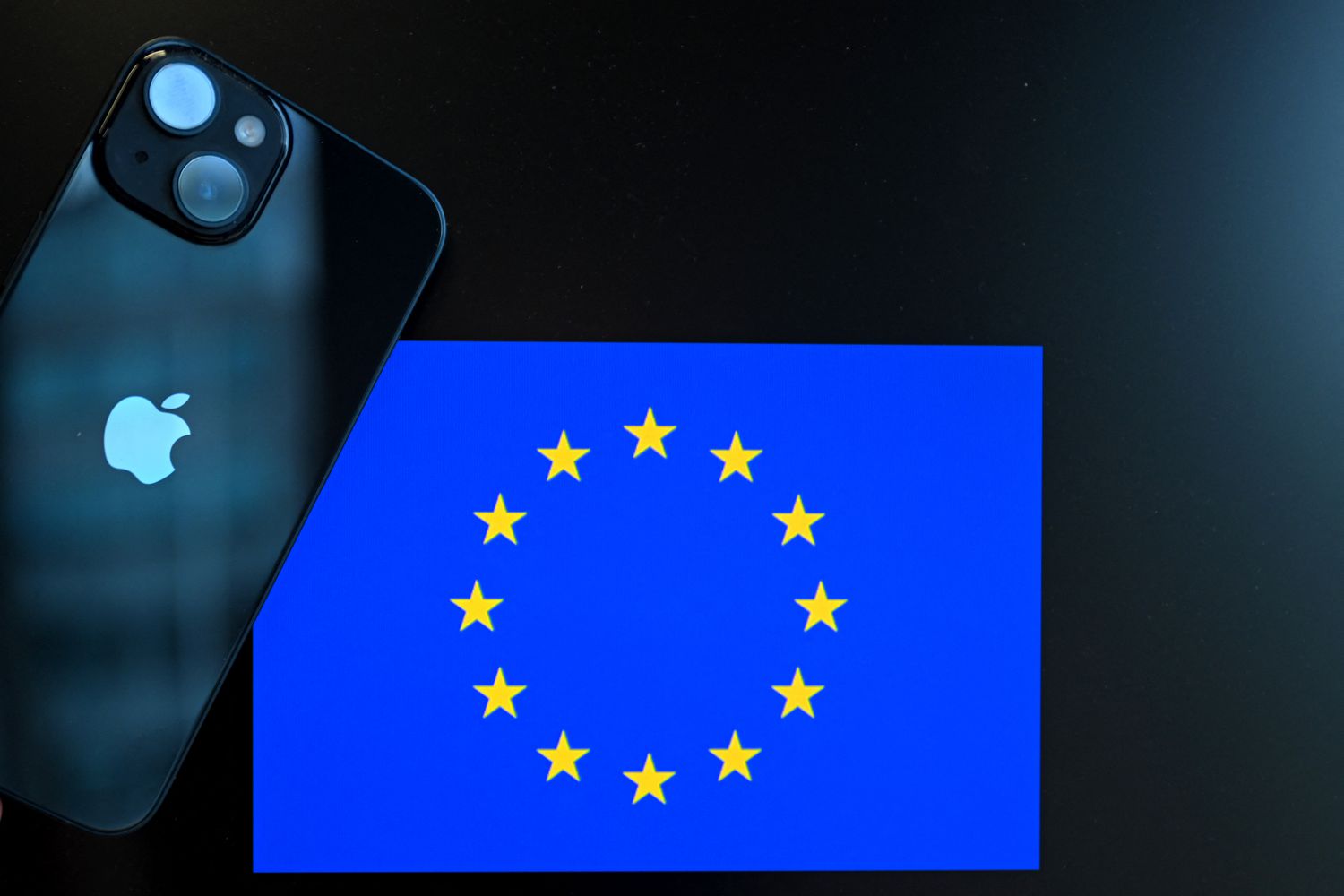A significant fiscal controversy has emerged.
The genesis of this dispute lies in a tax arrangement between Apple and the Irish government, which has been in place for a number of years. This agreement allowed Apple to channel profits through its Irish subsidiaries, benefiting from considerably reduced tax liabilities. This practice attracted scrutiny from various international bodies, particularly in relation to fair competition and equitable tax practices. The specific mechanisms and procedures of this arrangement became the core of the ensuing legal and political contention. This situation raised questions about the nature of multinational tax planning.
The European Commission’s Investigation
The EC initiated a formal inquiry into the matter.
The European Commission’s investigation concluded that the tax arrangement between Apple and Ireland constituted illegal state aid. This determination was based on the assessment that the tax rulings granted to Apple by Ireland conferred a selective advantage, not available to other companies, thereby distorting competition within the European Union. The Commission’s findings detailed how Apple’s tax burden was substantially lower than it would have been under standard tax laws. This was deemed a breach of EU competition regulations and fair market practices. The EC’s decision led to the demand for the recovery of unpaid taxes.
The Irish Government’s Position
The Irish government, while being the recipient of the recovered taxes, has consistently maintained that its tax arrangements with Apple were in full accordance with national and international tax laws. The government has expressed disagreement with the European Commission’s ruling, asserting that no undue advantage was conferred upon Apple. The Irish authorities have also emphasized their commitment to maintaining a favorable business environment while adhering to all legal obligations. The situation highlights a conflict between national sovereignty over tax policy and the EU’s role in regulating state aid.
Apple’s Legal Challenges and Response
Apple has vigorously contested the European Commission’s decision, launching legal challenges against the ruling. The company has argued that the Commission’s findings are flawed and that it has complied with all applicable tax laws. Apple has also emphasized its significant contributions to the Irish economy and has expressed concerns about the retroactive nature of the tax recovery order. The company’s legal response has focused on challenging the interpretation of state aid rules and defending its tax practices. This has resulted in a protracted legal battle with the EU.
Implications of the Ruling and Future Outlook
The ruling against Apple has far-reaching implications for multinational corporations and their tax strategies within the European Union. It highlights the EU’s commitment to enforcing stricter tax regulations and combating aggressive tax planning practices. This case has also raised important questions about the balance between national tax autonomy and the need for a harmonized approach to taxation across the EU. The future outlook suggests that other companies may face increased scrutiny, potentially leading to changes in corporate tax structures and the broader landscape of international taxation.



